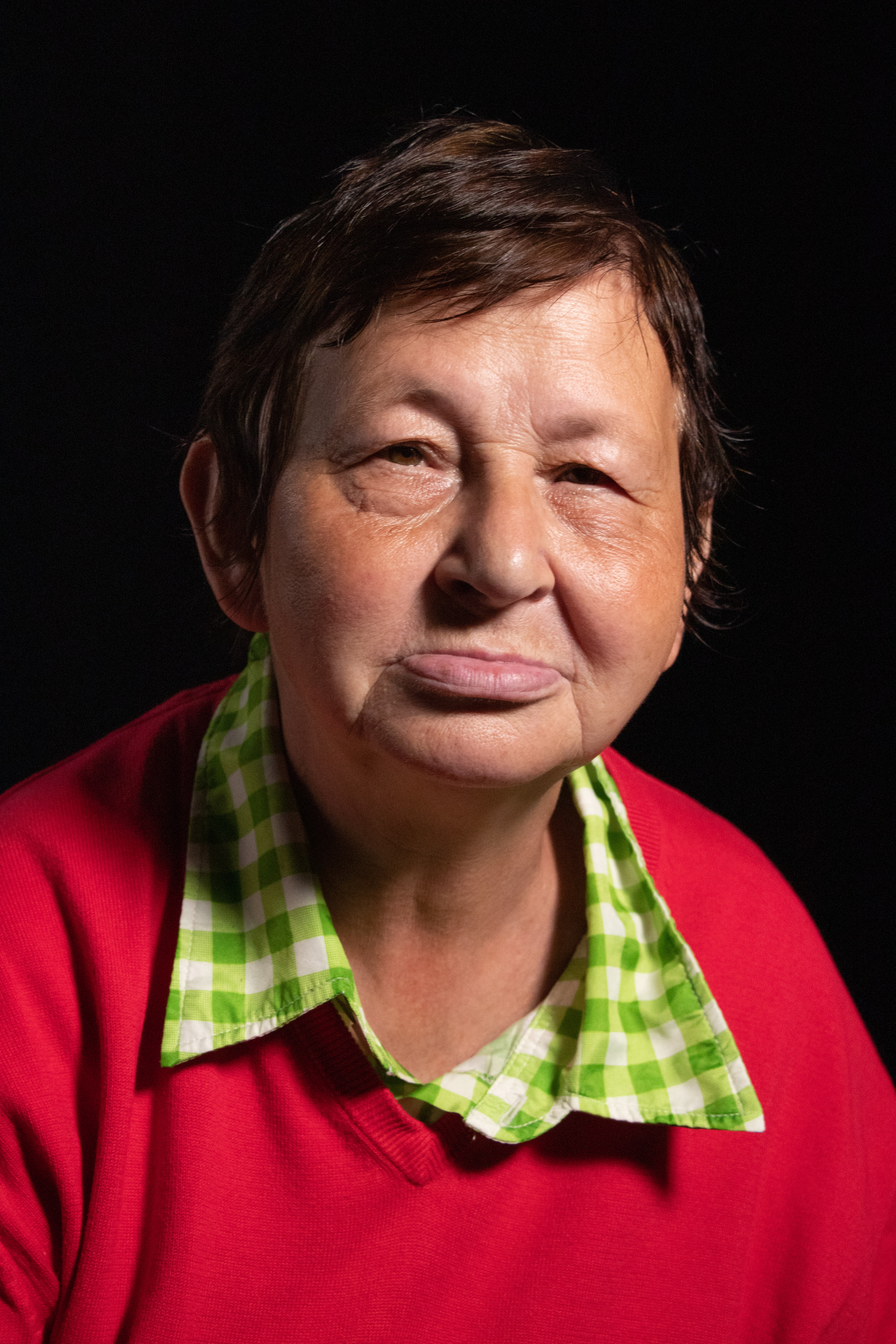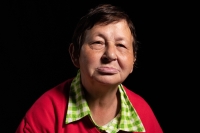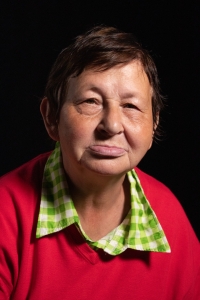I spent eight years behind bars

Stáhnout obrázek
Zuzana Lejsková was born on the 4th of December 1954. She‘s convinced that she came into the world in the prison in which they were holding her mother Věra. Zuzana and her younger sister Vladimíra were both raised by their grandmother from a very young age. They met with their mother only seldom even after her return from prison. Because she didn‘t start studying or looking for work, she was sent to a juvenile correction facility in Černovice. She got her first run-in with the law shortly after being released. The regime back then prosecuted her for social parasitism and also for minor theft. Zuzana Lejsková, in an interview with Paměť národa, openly talked about how she lent her mother‘s apartment for prostitutes to use in exchange for bribes and also about the conditions present in the Rytířská and Perlová streets of Prague, where prostitution flourished most. During the 70s and 80s Zuzana Lejsková spent a total of six years behind the bars of the Pardubice jail. The witness describes women‘s prison in life in vivid, colorful detail. The relations between guards and prisoners, the secret prison post and the stories of individual women and girls, many of whom had been punished for not fulfilling the prescribed plans of work duties. After 2017 Zuzana Lejsková started to gravitate towards extremist leftist groups and got friends both virtual and not among pro-Russian activists, some of which are in the year 2021 serving sentences. At time of recording of the interview for Paměť národa she‘s living with her son Jaroslav in Kasejovice in western Bohemia in an abandoned motor restaurant.

